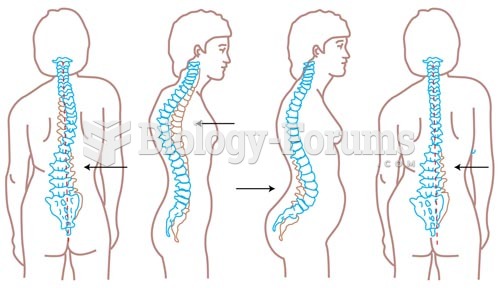Answer to Question 1
ANSWER:
People with high achievement motivation tend to set challenging and difficult but realistic goals. They actively pursue success and are willing to take risks in that pursuit. They experience intense satisfaction from success and are not particularly bothered by failure if they feel they have tried their best. People who are motivated to achieve tend to be preoccupied with their own performance and level of ability. They prefer tasks that have clear-cut outcomestasks that leave no question about whether they succeeded or failed. They tend to persist at a task, even after repeated failure, and struggle on their own before seeking assistance. They enjoy receiving concrete feedback about their progress. Finally, they tend to delay immediate gratification and make careful plans about the future, especially about career goals.
Parenting behaviors that contribute to the development of high achievement motivation include encouraging independent thinking, rewarding success with hugs and other signs of affection, encouraging children to attempt difficult tasks, especially new ones, encouraging children to find ways to succeed instead of complaining about failure, and prompting children to go on to the next, somewhat more difficult, challenge.
Answer to Question 2
ANSWER:
From the perspective of instinct doctrine, especially its most modern descendant, evolutionary psychology, dating behavior associated with love and marriage is a result of innate desires to create offspring to propagate our genes with as great a chance of success as possible. Therefore, ones choice of mate is influenced by perceptions (often nonconscious) of the genetic fitness of the candidate person.
From the point of view of drive reduction theory, dating is a way of satisfying a drive to find a mate for reproduction. This biologically based drive creates an imbalance in homeostasis that motivates us to behave in such a way as to restore the balance. Thus, we engage in social behaviors that we believe will lead to the satisfaction of our need for a mate and offspring.
Arousal theory would propose that we seek out stimulation that will lead to increased states of arousal. Although not offered as an explanation for all types of behavior, arousal theory does provide the possibility of explaining behaviors that other theories dont explain satisfactorily. In the case of dating, arousal theory might emphasize the role of novelty (meeting new people and engaging in new activities) and curiosity, which both play a role in increasing and maintaining desired levels of arousal.
From the point of view of incentive theory, external stimuli motivate behavior. In terms of dating, this means that we are drawn to individuals and dating scenarios that bring positive incentives and maximize pleasure. Dating needs to have some positive incentives and pleasure associated with it in order for us to pursue it. A hungry woman may accept a date with a man who offers to buy her dinner or a woman may choose to date a man who makes her laugh and feel good about herself.







